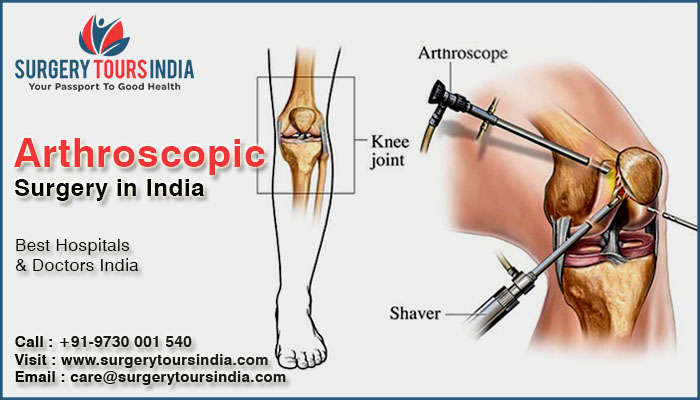Colon Cancer Treatment in Delhi, Colon Cancer Treatment Cost in India, Best Colon Cancer Doctor in India, Best Colon Cancer Hospital in India, Best Colorectal Surgeon in Delhi, Average Cost for Colon Cancer Treatment in India, Best Colorectal Surgeon in India, Best Colorectal Surgeon in Chennai, Cost of Chemotherapy for Colon Cancer in India, Colorectal Cancer Treatment in India, Cost of Rectal Cancer Treatment in India, Chemotherapy Cost for Colon Cancer in India, Low Cost Colorectal Treatment in India, Treatment for Colorectal Cancer at top Hospital in India, List of Best Cancer Surgeons in India, Top Oncologist in India,
Diagnostic tests for colorectal cancer are usually done when:
The symptoms of colorectal cancer are present
- The doctor suspects colorectal cancer after talking with a person about their health and completing a physical examination
- Screening tests suggest a problem with the colon or rectum
Many of the same tests used to initially diagnose cancer are also used to determine the stage (how far the cancer has progressed). Your doctor may also order other tests to check your general health and to help plan your treatment. Tests may include the following.
Medical history and physical examination
The medical history is a record of present symptoms, risk factors and all the medical events and problems a person has had in the past. The medical history of a person's family may also help the doctor to diagnose colorectal cancer.
In taking a medical history, the doctor will ask questions about:
a personal history of
- polyps in the colon or rectum
- inflammatory bowel disease
- colorectal cancer
a family history of
- colorectal cancer
- familial adenomatous polyposis
- hereditary non-polyposis colorectal carcinoma (also known as Lynch syndrome)
signs and symptoms
Tumour marker tests
Tumour markers are substances – usually proteins – in the blood that may indicate the presence of colorectal cancer. Tumour marker tests are used to check a person's response to cancer treatment, but they can also be used to diagnose colorectal cance
Colonoscopy
A colonoscopy is a procedure that lets the doctor look at the lining of the colon using a flexible tube with a light and lens on the end (an endoscope). A colonoscopy is preferred over a flexible sigmoidoscopy because the entire colon can be checked for polyps or abnormal areas.
A colonoscopy is done in a hospital on an outpatient basis. The doctor gently inserts the colonoscope (a type of endoscope) through the anus and slowly moves it into the rectum and colon. The colon is inflated with air to stretch out the lining so the doctor can look at the entire surface. This can be uncomfortable, so drugs are given to help the person relax during the procedure.
Biopsy
During a biopsy, tissues or cells are removed from the body so they can be tested in a laboratory. The pathology report from the laboratory will confirm whether or not cancer cells are present in the sample and may also identify the type of cancer.
A biopsy is the only definite way to diagnose colorectal cancer. Biopsies of polyps or abnormal areas are taken during a sigmoidoscopy or colonoscopy. A biopsy sample will allow the doctor to find out the type of colorectal cancer and the grade. Biopsy results may also show how far the cancer has grown through the wall of the colon or rectum.
Computed tomography (CT) scan
A CT scan uses special x-ray equipment to make 3-dimensional and cross-sectional images of organs, tissues, bones and blood vessels inside the body. A computer turns the images into detailed pictures. It is used to:
- check if the cancer has spread to other organs in the abdomen or pelvis (small areas of spread [microscopic spread] may not be detected by CT scan)
- check if the cancer has spread to the lymph nodes in the abdomen
- check how far the tumour has grown into the wall of the colon or, especially, the rectum
CT-guided needle biopsy
CT scans may also be used to help guide a needle to perform a biopsy (CT-guided needle biopsy) to check for cancer cells in a tumour in the colon or a suspected area of metastasis (cancer spread outside of the colon or rectum).
Virtual colonoscopy
Virtual colonoscopy uses a CT scan to create images of the colon without having to insert an endoscope through the rectum. A virtual colonoscopy is less invasive and more comfortable than a regular colonoscopy. Studies are continuing to examine the effectiveness of this test.
Ultrasound
Ultrasound uses high-frequency sound waves to make images of structures in the body.
- Endorectal ultrasound (EUS or ERUS) uses a special instrument (transducer) that is inserted into the rectum. It is used to see:
- how far a tumour has grown into the rectal wall
- if the tumour has spread to nearby organs or lymph nodes
- Abdominal ultrasound may be done to see if the cancer has spread to other organs in the abdomen, such as the liver.
- Pelvic ultrasound may be done if doctors suspect that the cancer has spread to the urinary tract.
- An ultrasound may also be used during abdominal surgery. The surgeon can place the transducer directly on the liver to check for metastases.
Positron emission tomography (PET) scan
A PET scan uses radioactive materials (radiopharmaceuticals) to detect changes in the metabolic activity of body tissues. A computer analyzes the radioactive patterns and makes 3-dimensional colour images of the area being scanned.
PET scans are not routinely used to diagnose colorectal cancer. They are more commonly used to help stage and check for recurrent disease if a person's CEA level starts to rise following treatment. PET scans are not readily available at all centres.
Your Name:
E-mail Address *:
For more information, medical assessment and medical quote send your detailed medical history and medical reports, as email attachment to
Call: +91-888 292 1234










No comments:
Post a Comment